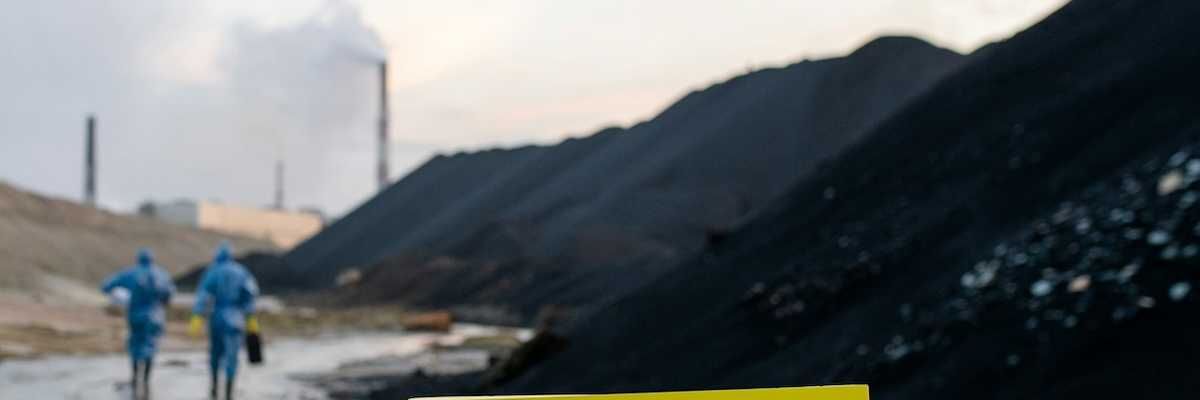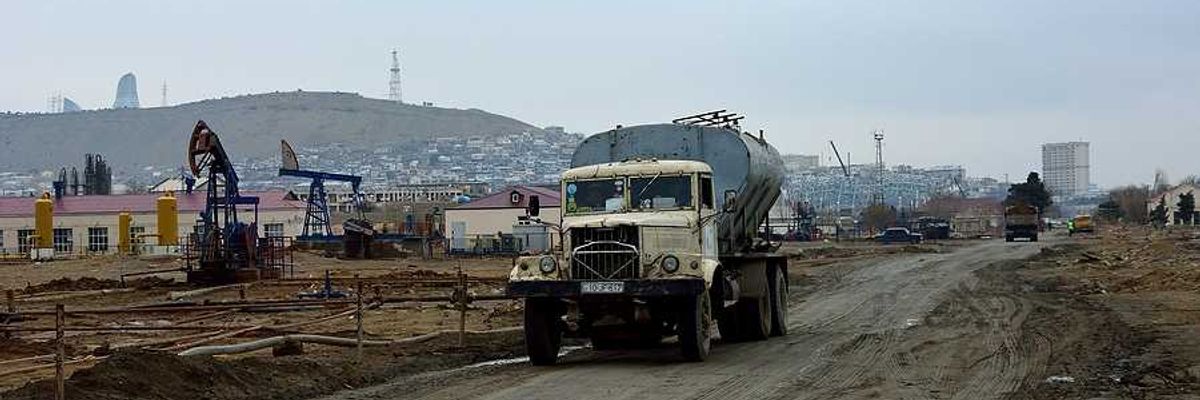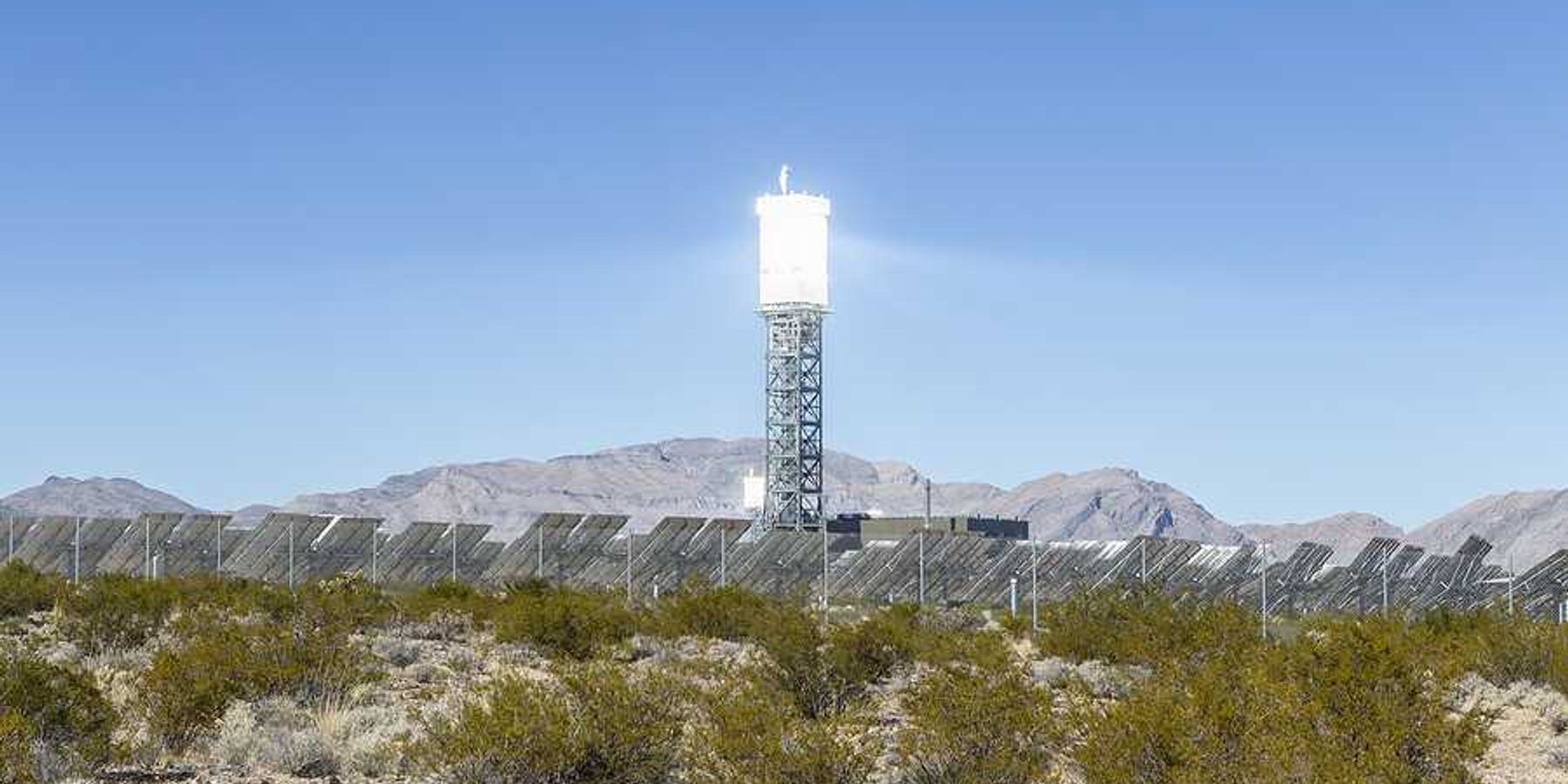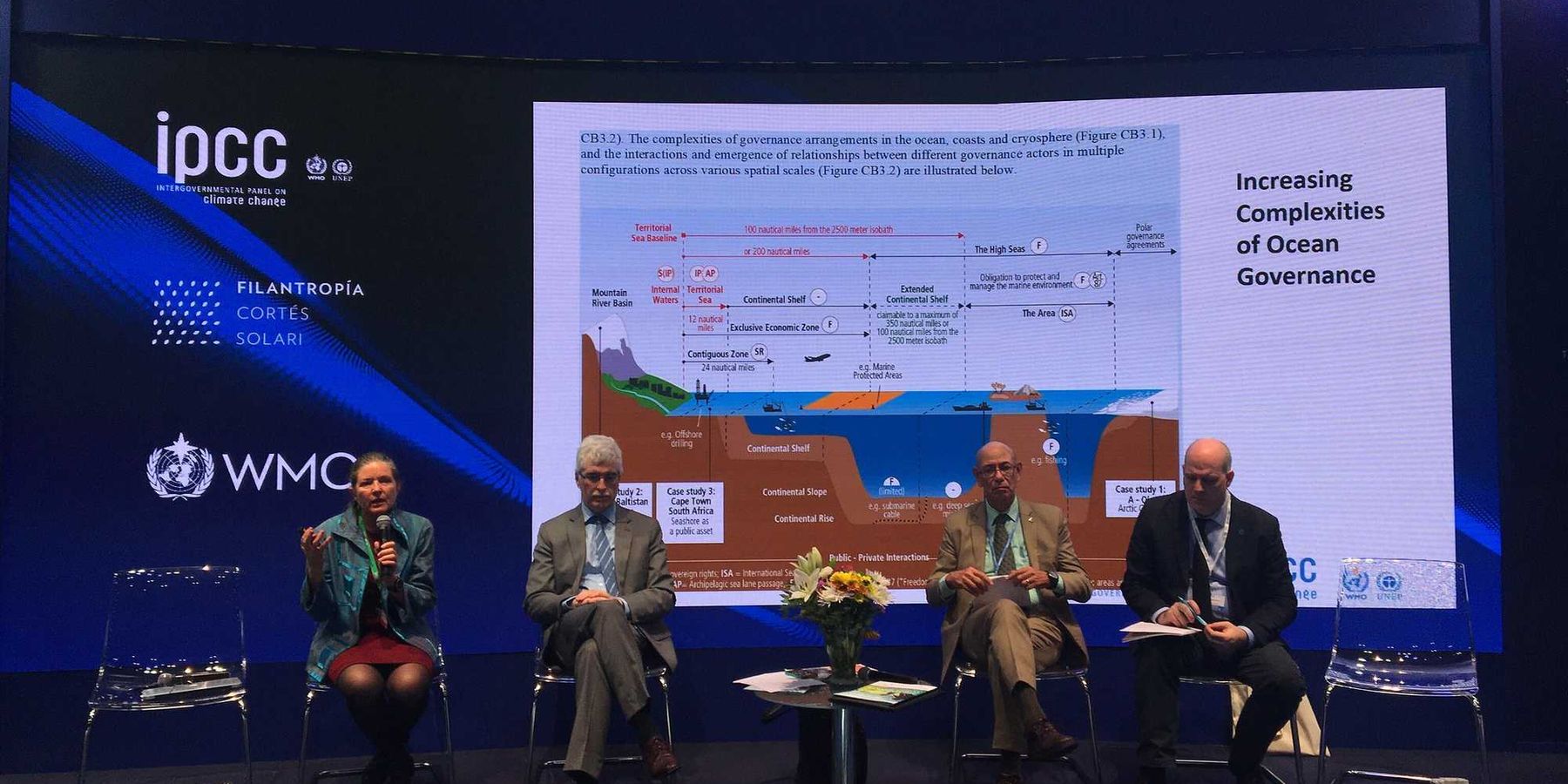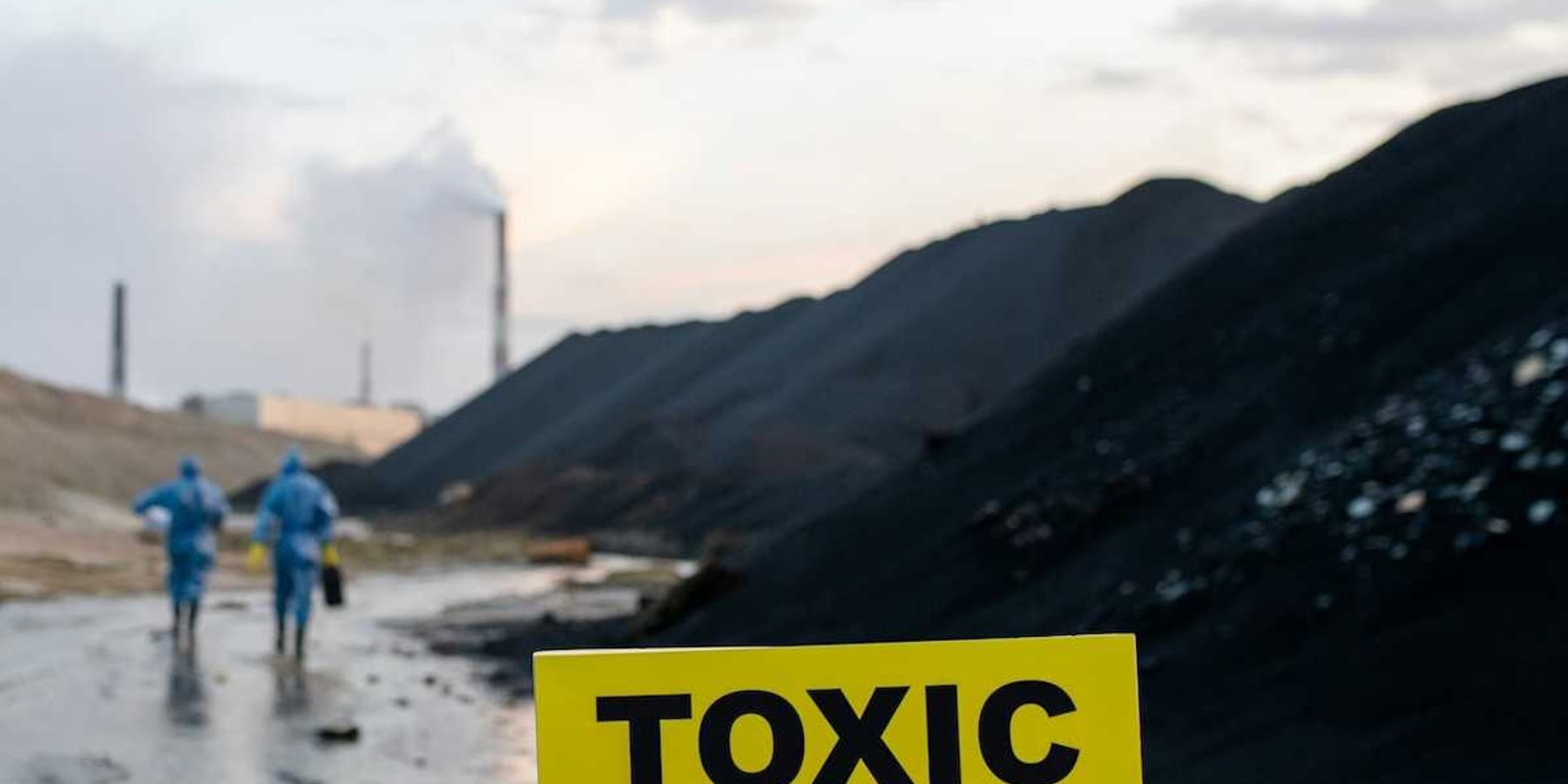anxiety
Parents are learning how to discuss climate change with anxious children
As more kids express eco-anxiety, therapists encourage parents to validate their fears while guiding them toward hopeful action.
In short:
- Youth climate plaintiffs like Olivia Vesovich have sparked conversations on how climate change impacts mental health, especially for children.
- Therapists now recognize the emotional harm caused by eco-anxiety and “moral injuries” in children who feel betrayed by adults’ inaction.
- Educators and parents are developing resources to help kids navigate their fears while empowering them to take part in climate solutions.
Key quote:
“I felt paralyzed… like I couldn’t live my life, because I knew that every single action I took I was helping destroy the planet.”
— Olivia Vesovich, youth climate plaintiff
Why this matters:
Eco-anxiety in children can lead to long-term emotional consequences like cynicism and disconnection. Providing realistic, supportive conversations about climate change can help children process their fears and stay engaged in efforts for a sustainable future.
Related:
Therapy groups for eco-distress are spreading globally to help people cope with climate anxiety
Group therapy sessions, such as those offered by the Good Grief Network, are helping people around the world manage feelings of anxiety, grief and despair linked to climate change.
In short:
- LaUra Schmidt founded the Good Grief Network after identifying the emotional toll of climate science on frontline workers.
- The network offers a 10-step peer support program to help participants process grief and distress related to climate change.
- The rise in eco-distress has led to various informal support groups like climate cafes, held in diverse locations from campuses to coffeehouses.
Key quote:
“In the face of a looming collapse, uncertainty is actually pretty cool.”
— a new Good Grief Network facilitator
Why this matters:
As the climate crisis worsens, more people are feeling the emotional burden. Addressing eco-distress is essential for maintaining mental health and empowering collective action against global warming.
Read more:
Psychiatrist leads climate-focused mental health initiatives
Psychiatrist Lise van Susteren pioneered the connection between climate change and mental health, creating professional networks and resources to address climate anxiety.
In short:
- Lise van Susteren co-founded the Climate Psychiatry Alliance and Climate Psychology Alliance-North America to address the mental health impacts of climate change.
- Her work includes organizing the first meetings on climate and mental health and co-authoring a global survey on youth climate distress.
- Van Susteren continues to raise awareness and resources for mental health related to climate issues, including a free public repository called Ecopsychepedia.
Key quote:
“On a good day, I’m angry. Being angry is actually one of the healthiest emotions that you can have.”
— Lise van Susteren, psychiatrist and climate activist.
Why this matters:
Climate change impacts mental health, with increasing numbers of people experiencing anxiety and stress. Building awareness and resources for these issues is essential for better mental health care in a changing world.
Related:
Teachers adapt to address emotional impacts of climate change
Educators are increasingly focusing on trauma-sensitive approaches to help students manage the emotional effects of climate change.
Nathalie Reid, Audrey Aamodt, and Jennifer MacDonald write for The Conversation.
In short:
- Teachers are noticing rising climate anxiety among students and are adopting trauma-sensitive methods to support them.
- Professional development for educators includes outdoor learning, interdisciplinary inquiry, and balanced climate action strategies.
- Sharing hopeful stories and focusing on community-led climate initiatives helps nurture a forward-looking mindset.
Why this matters:
Climate change education that acknowledges and addresses students' emotional responses can foster resilience and hope. As young people face an uncertain future, equipping them with strategies to cope with climate trauma is essential for their mental health and engagement in meaningful climate action.

